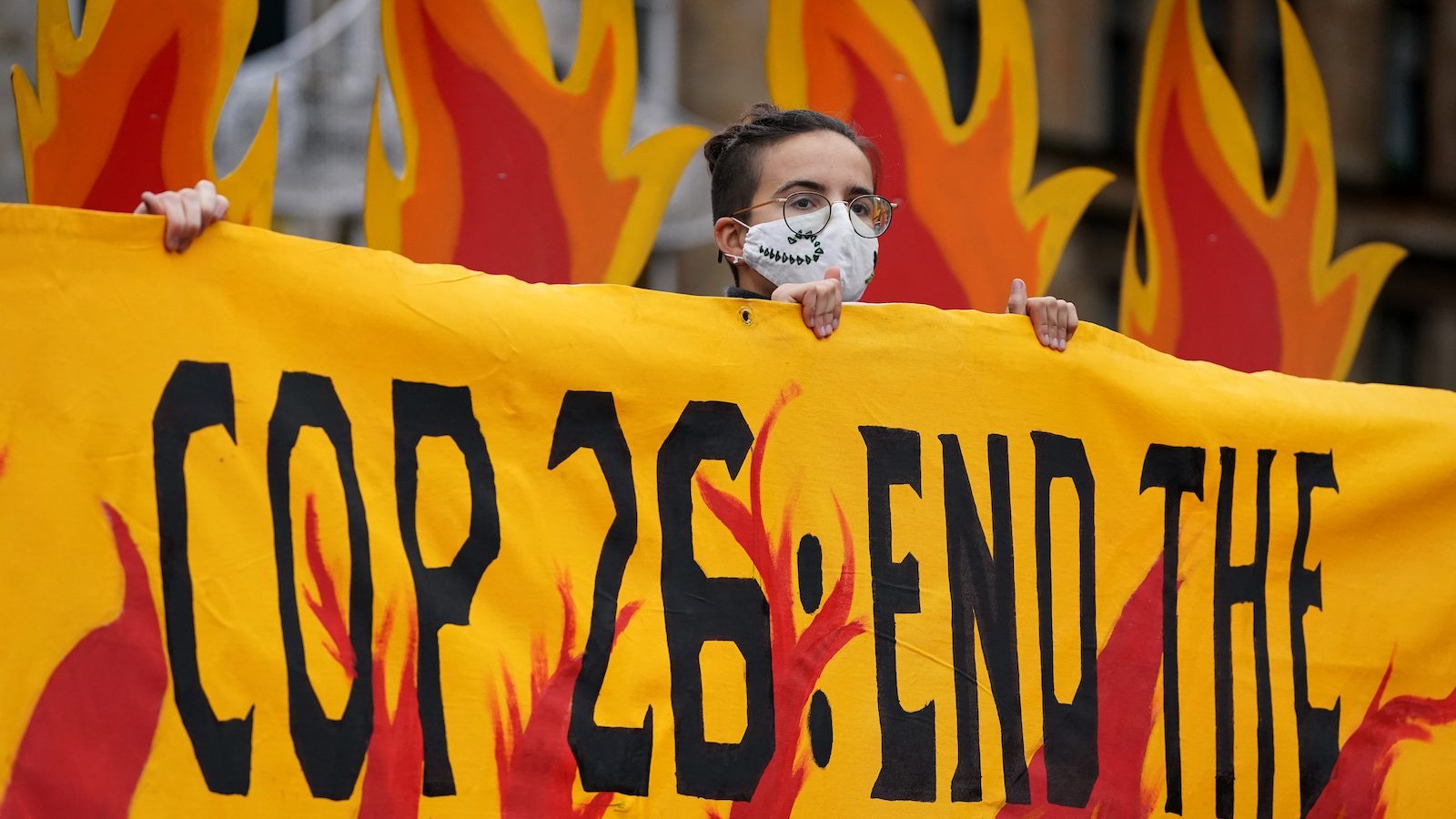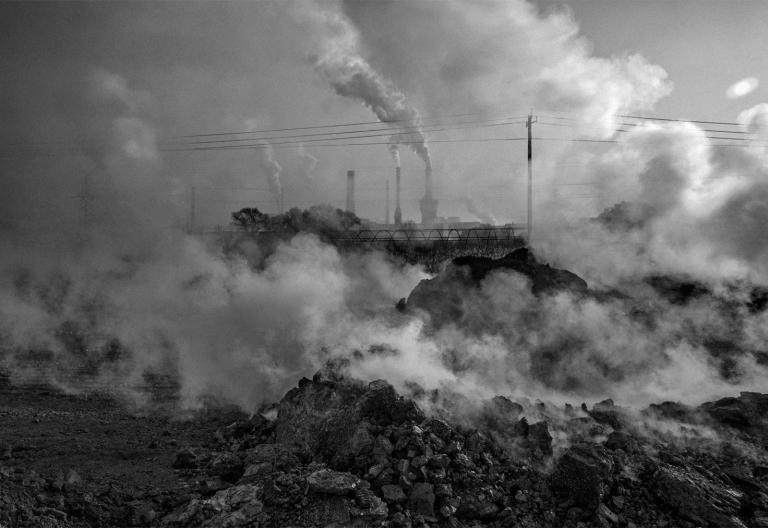How much warming do climate scientists really think is in store for our future, if they had to put a number on it?
World leaders gathering for the U.N. climate summit in Glasgow, Scotland, this week are supposed to be finding ways to keep the planet from heating up more than 1.5 degrees Celsius (2.7 degrees F). Go above that, scientists warn, and the planet will be on track to deliver the worst ravages of climate change.
But what many scientists really think is going to happen, according to a new survey from Nature, is a disastrous 3 degrees C (5.4 degrees F) over preindustrial levels. Some 60 percent of experts from the Intergovernmental Panel on Climate Change expect average global temperatures to get that hot, or even hotter, in 80 years. The survey results reflect a level of skepticism that governments will get their act together and crack down on emissions.
At the U.N. climate summit in Paris in 2015, officials agreed to limit global warming to 2 degrees C (3.6 degrees F), or better yet, 1.5 degrees C — a goal that island nations imperiled by sea-level rise said was essential to their survival. That dynamic is playing out again at COP26 in Glasgow, with Prime Minister Mia Mottley of Barbados declaring on Monday that 2 degrees C of warming would be a “death sentence” for island countries.
It can be hard to imagine what this number, 3 degrees C, would mean for people’s lives. A recent article by climate reporter Zahra Hirji lays out some examples: People living in Arizona could see nearly four more months with temperatures 95 degrees F or higher. Parts of the world where 12 percent of the population lives today would likely get swallowed by the sea. A quarter of species could go extinct.
In August, the IPCC generated a flurry of media attention when it put out a report warning that rising levels of greenhouse gases were rapidly destabilizing the climate with “irreversible” consequences. About 40 percent of the authors of that report responded to the Nature survey.
Some of the scientists were more optimistic, with 4 percent betting on 1.5 degrees C and 36 percent wagering that 2 or 2.5 degrees was the most likely scenario. The world has already warmed about 1.1 degrees C, and these targets get harder to hit with each passing year, as tailpipes and cows spew more greenhouse gases into the air.
The survey also looked at how climate scientists are feeling, given the doom-and-gloom topic that they’ve spent their careers studying. Understandably, 61 percent of the respondents are feeling some degree of distress or anxiety related to climate change. This sentiment is being felt outside academia and all across the globe: Google searches for “climate anxiety,” for example, went up an astounding 565 percent over the past year.
Scientists are also changing their behavior with the fate of the planet in mind. Seventeen percent of those surveyed said that global warming affected their decision to have children; 21 percent said they had reconsidered lifestyle choices with carbon-heavy consequences, such as diet, transportation, and travel. An additional 41 percent said the changing climate had affected their decisions about where to live. It’s another trend taking hold in the broader population, with about half of people planning to move in the coming year telling the real estate company Redfin that their decisions about where to relocate are motivated partly by extreme temperatures or weather disasters.
The 3-degree C prediction that most scientists landed on is not simply conjecture. Major scientific reports have been modeling this level of rise in global temperatures as the “business-as-usual” scenario for a couple of years.
Of course, those models are not crystal balls. Planet Earth is a complex system, and people’s behavior — including politicians’ behavior — is one of the trickiest factors to predict. The negotiations in Glasgow have already hit some snags, but there have also been signs of progress. The Biden administration announced a proposal on Tuesday to regulate methane leaking from oil and gas wells for the first time, and more than 100 countries agreed to stop deforestation by 2030. The actions taken this week won’t fix anything overnight, but the hope is that they’ll chip away at the problem and lay a foundation for more stringent action going forward.




